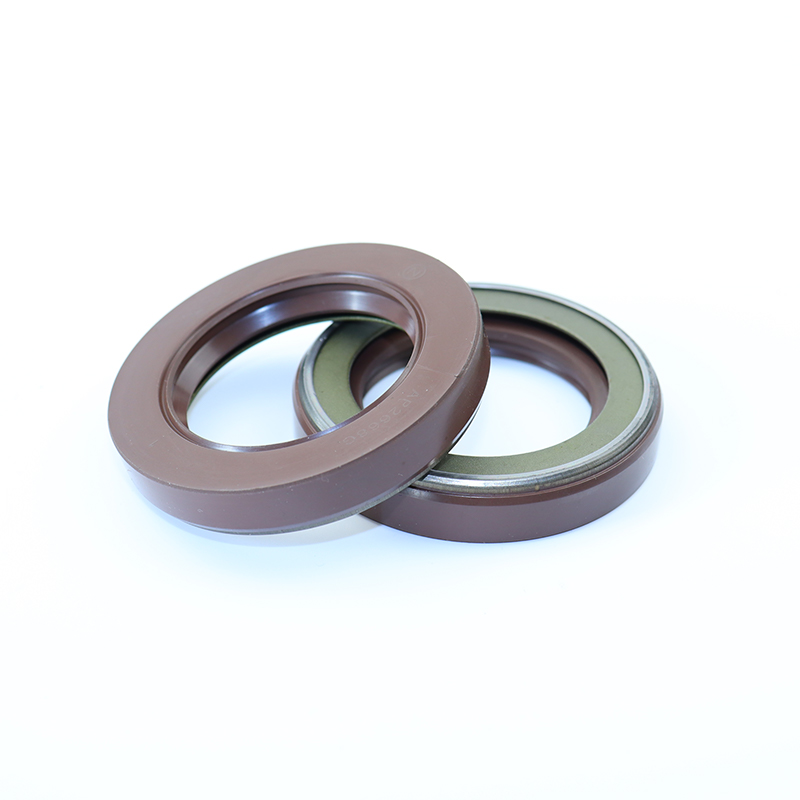Dec . 30, 2024 06:40 Back to list
Understanding Single Acting Piston Seals for Enhanced Performance in Mechanical Systems
Understanding Single Acting Piston Seals Functionality and Applications
Piston seals are crucial components in hydraulic and pneumatic systems, playing a vital role in ensuring efficiency and effectiveness in various machinery. Among the various types of seals available, single acting piston seals are particularly noteworthy due to their specialized functionality and wide array of applications. This article will delve into what single acting piston seals are, their working principles, materials used, and their applications.
What Are Single Acting Piston Seals?
Single acting piston seals are designed to seal the chamber of a piston that only operates in one direction. These seals enable the piston to move in one direction while preventing fluid from leaking through the seal when the piston moves back. Essentially, they allow for pressure retention and maintain system integrity, ensuring the optimal performance of the hydraulic or pneumatic system. The mechanism ensures that pressure is effectively utilized during the stroke, while minimizing fluid leakage during the return stroke.
Working Principle
The functionality of a single acting piston seal can be understood through its basic components and the principles of fluid dynamics. The seal is typically fitted into a groove in the piston or the cylinder and is designed to compress against a surface when pressure is applied.
As the piston moves forward, the pressure from the hydraulic or pneumatic fluid forces the seal against the chamber wall, creating a tight seal that prevents any fluid from escaping. This tight fit is essential for maintaining high efficiency, as even a small leak can significantly affect the performance and reliability of the system.
When the piston retracts, the fluid pressure decreases, and the seal's design allows it to return to its original shape, providing a pressure seal without substantial resistance. This operation ensures that while the piston can readily move back and forth, fluid leaks are minimized, thus preserving the system’s functionality.
Materials Used in Single Acting Piston Seals
The performance and durability of single acting piston seals largely depend on the materials from which they are made. Common materials include
1. Nitrile Rubber (NBR) Known for its excellent resistance to oil and fuel, NBR is a popular choice for seals in many hydraulic applications.
single acting piston seal

3. Polyurethane (PU) PU seals offer high abrasion resistance and are useful in dynamic applications, providing longevity and reliability.
4. PTFE (Teflon) Renowned for its chemical resistance and low friction properties, PTFE is often used where low friction and high wear resistance are essential.
Selecting the right material is crucial for the performance of a single acting piston seal, as it directly impacts the seal’s lifespan and the overall efficiency of the machinery.
Applications of Single Acting Piston Seals
Single acting piston seals are used across various industries and applications. Some notable examples include
1. Automotive In hydraulic braking systems, single acting piston seals help maintain pressure in the brake fluid lines, ensuring effective braking performance.
2. Industrial Machinery Various machines, from injection molding equipment to hydraulic presses, utilize these seals to ensure optimal operation by preventing leaks.
3. Aerospace In aircraft systems, where weight and reliability are critical, single acting piston seals are used in landing gear and hydraulic systems.
4. Oil and Gas These seals find applications in drilling equipment and valve systems, where maintaining pressure and preventing leaks is essential for safety and efficiency.
Conclusion
The importance of single acting piston seals in hydraulic and pneumatic systems cannot be overstated. Their ability to effectively seal during the forward stroke while allowing easy retraction makes them invaluable in a multitude of applications. By understanding their functionality, material options, and uses, engineers and designers can make informed choices that enhance the performance and reliability of their systems. As technology continues to advance, the design and materials for these seals will likely evolve, leading to even better performance in future applications.
-
TCN Oil Seal Metal Ring Reinforcement for Heavy Machinery
NewsJul.25,2025
-
Rotary Lip Seal Spring-Loaded Design for High-Speed Applications
NewsJul.25,2025
-
Hydraulic Cylinder Seals Polyurethane Material for High-Impact Jobs
NewsJul.25,2025
-
High Pressure Oil Seal Polyurethane Coating Wear Resistance
NewsJul.25,2025
-
Dust Proof Seal Double Lip Design for Construction Equipment
NewsJul.25,2025
-
Hub Seal Polyurethane Wear Resistance in Agricultural Vehicles
NewsJul.25,2025
-
The Trans-formative Journey of Wheel Hub Oil Seals
NewsJun.06,2025
Products categories
















